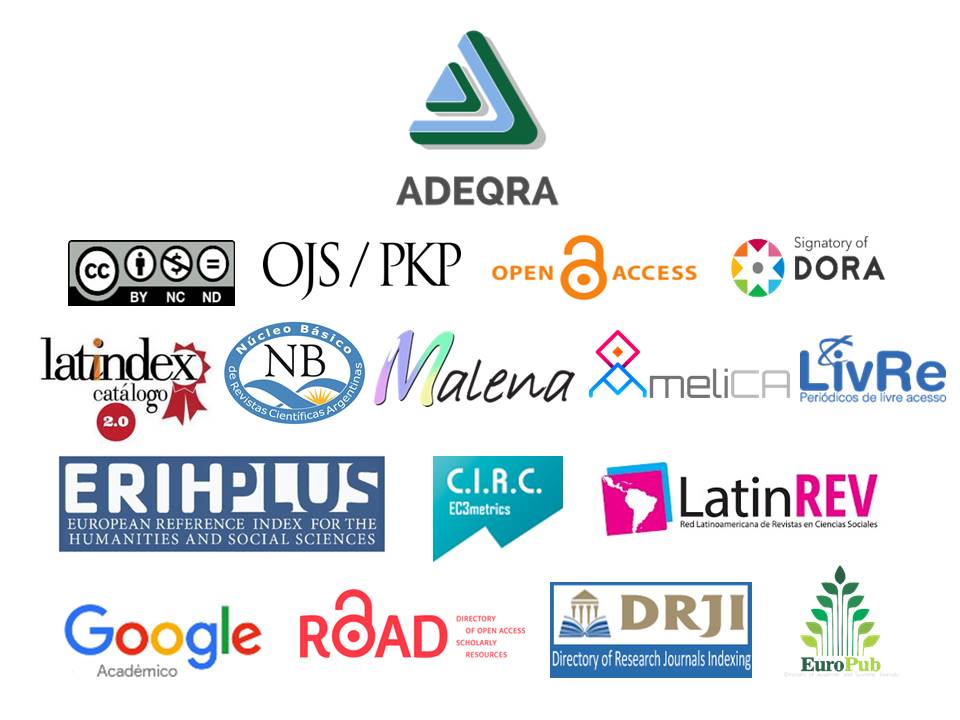La metodología TPACK en el nivel universitario: su implementación en la unidad didáctica de gases
Palabras clave:
TIC, Química General e Inorgánica, TPACK, gasesResumen
Se presenta en este trabajo, el diseño e implementación de una metodología de enseñanza-aprendizaje basada en el modelo “Conocimiento Tecnológico, Pedagógico y Disciplinar” (en inglés: TPACK, Technological Pedagogical Content Knowledge), en la unidad didáctica de gases, en la asignatura Química General e Inorgánica de la Facultad de Ingeniería de la UNICEN. La finalidad del mismo es propiciar que los estudiantes mejoren la interpretación del comportamiento de los sistemas gaseosos y el modelo asociado a éstos integrando las Tecnologías de la Información y la Comunicación (TIC). Para ello se utilizaron recursos como simulaciones y aplicaciones en notebooks, teléfonos inteligentes (smartphones) y tablets. La implementación de la metodología TPACK, posibilitó reflexionar sobre la propia práctica docente, al aplicar de una manera constructiva las TIC a las clases tradicionales de química en el nivel universitario. Además, a partir de la introducción de estas tecnologías, se logró una mayor motivación por parte de los integrantes de la cátedra, tanto estudiantes como docentes.
Citas
Albarracín, R. H., Ramírez, M. H. (2017). Aplicación del sistema 4MAT apoyado en las simulaciones PhET para el desarrollo de competencias científicas empleando como eje de aprendizaje el tema de ondas. Latin-American Journal of Physics Education, 11 (3), 3308 1-11.
Cabero Almenara J., Roig-Vila R., Mengual-Andrés S. (2007). Conocimientos tecnológicos, pedagógicos y disciplinares de los futuros docentes según el modelo TPACK. Digital Education Review, 32, 73-84.
CONFEDI. (2014). Competencias en Ingeniería. (1ª ed) Mar del Plata: Universidad FASTA Ediciones.
Delletesse M., Colasurdo V., Goñi Capurro M., Wagner C. (2017). Nuevas tecnologías en clases de química de primer año del nivel universitario. Estudio de caso. Lydia Galagovsky (Comp.) VIII Jornadas Internacionales de Enseñanza de la Química Universitaria, Superior, Secundaria y Técnica, Buenos Aires, Argentina.
De Pro Bueno, A.J. (2013). Enseñar procedimientos: por qué y para qué. Alambique: Didáctica de las ciencias experimentales, 73, 69-76.
Driver, R., Guesne, E., & Tiberghien, A. (1989). Ideas científicas en la infancia y la adolescencia. (1a ed) Madrid: Ediciones Morata S.A.
Koehler, M. J., & Mishra, P. (2009). What is technological pedagogical content knowledge?. Contemporary Issues in Technology and Teacher Education, 9(1), 60-70.
Marcelo García, C., Yot Domínguez, C., Perera Rodríguez, V. H. (2016) El conocimiento tecnológico y tecnopedagógico en la enseñanza de las ciencias en la universidad. Un estudio descriptivo. Enseñanza de las Ciencias, 34 (2), 67-86.
Martínez-Argüello, L. D., Hinojo-Lucena, F. J., Aznar Díaz, I. (2018). Aplicación de las Tecnologías de la Información y la Comunicación (TIC) en los Procesos de Enseñanza Aprendizaje por parte de los Profesores de Química. Información Tecnológica, 29 (2), 41-52.
Mishra, P. (2006). Technological pedagogical content knowledge: A framework for teacher knowledge. Teachers College Record, 108 (6), 1017-1054.
Shulman, L. S. (1986). Those Who Understand: Knowledge Growth in Teaching. Educational Researcher, 15 (2), 4-14.
[Gas Mixing], (s.f). Recuperado 26 de junio de 2019, de https://www.dlt.ncssm.edu/tiger/Flash/thermodynamics/GasMixing.html
[Phet Colorado]. (s.f.). Recuperado 26 de junio de 2019, de https://phet.colorado.edu/
[Praktikum]. (s.f). Disponible en Play Store, Android, 26 de junio de 2019.
Descargas
Publicado
Cómo citar
Número
Sección
Licencia

Esta obra está bajo una licencia internacional Creative Commons Atribución-NoComercial-SinDerivadas 4.0.



